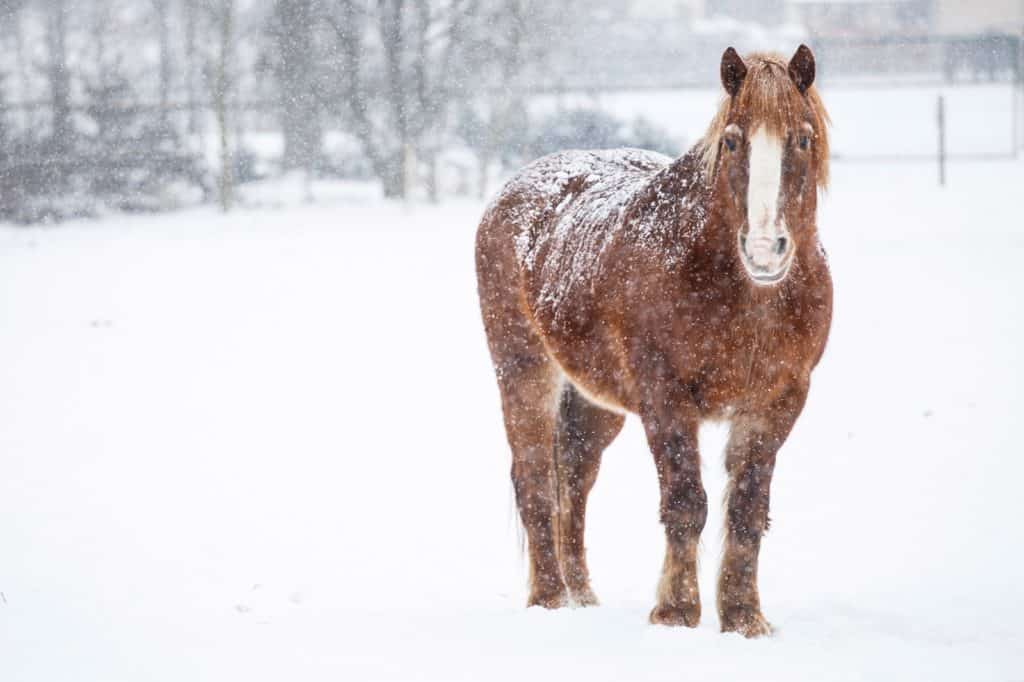
When is an Older Horse Ready for Senior Feed?
As horses age, they might need additional nutritional support. Read advice for feeding senior horses.

As horses age, they might need additional nutritional support. Read advice for feeding senior horses.

Discover what, when, and how to feed horses with metabolic issues such as EMS, ID, and PPID.

A nutritionist answers questions about the nutritional needs of older equids, covering topics such as senior feeds, metabolic disease, and helping horses gain weight.

After years of speculating that colic occurs more frequently in horses that crib, researchers have finally provided consistent data confirming this association.

Find out what conditions, beyond lameness, a veterinarian might uncover during a prepurchase exam.

Learn about 10 common plants, chemicals, organisms, and toxins your horse should never eat.

Cold weather affects older horses more than it does their younger companions. Learn how to keep your senior comfortable and healthy during cold weather.

Researchers have learned more about equine dental-derived stem cells and potential ways these agents could help treat equine dental conditions.

How veterinarians are applying computed tomography in equine medicine and what they’re learning about its use.

Learn about devices designed to measure equine athletes’ cardiac function and maximize performance.

Dr. Howland Mansfield describes signs a horse is ready to retire from riding, ranging from mild work intolerance to lameness.

Obesity could cause increased damage to your horse’s joints. Here’s why.

Black cherry leaves are blowing into a horse pasture, and the owner is worried they will put her horses’ health at risk.

Blood insulin levels can warn of increased risk of laminitis in obese horses and ponies and spur owners to mitigate it.

Learn how to design a diet for horses suffering or recovering from equine odontoclastic tooth resorption and hypercementosis (EOTRH).

Understanding how your growing foal’s digestive system works can help you recognize and avoid potential problems.
Stay on top of the most recent Horse Health news with
"*" indicates required fields